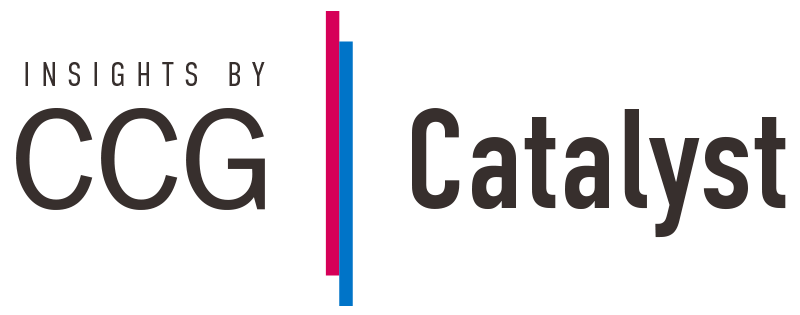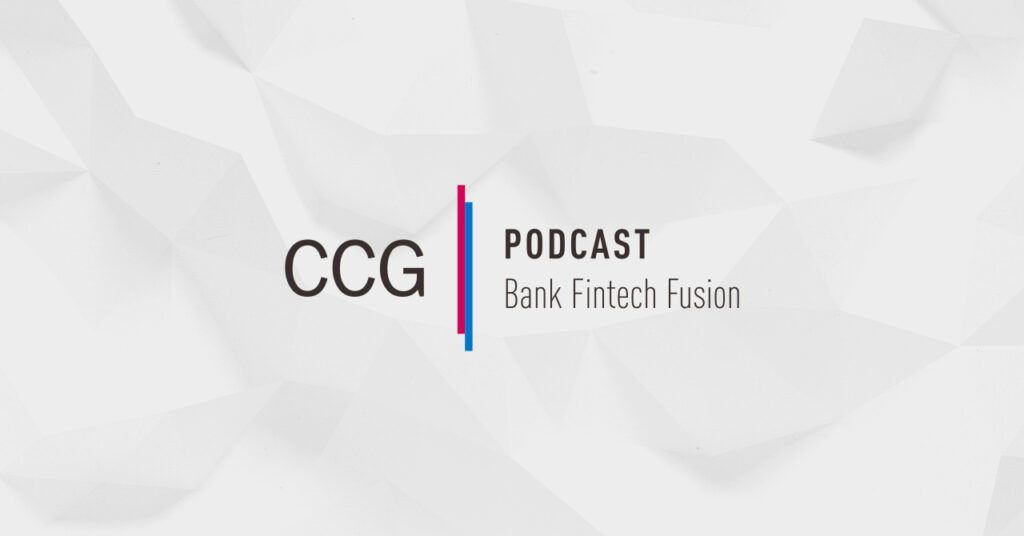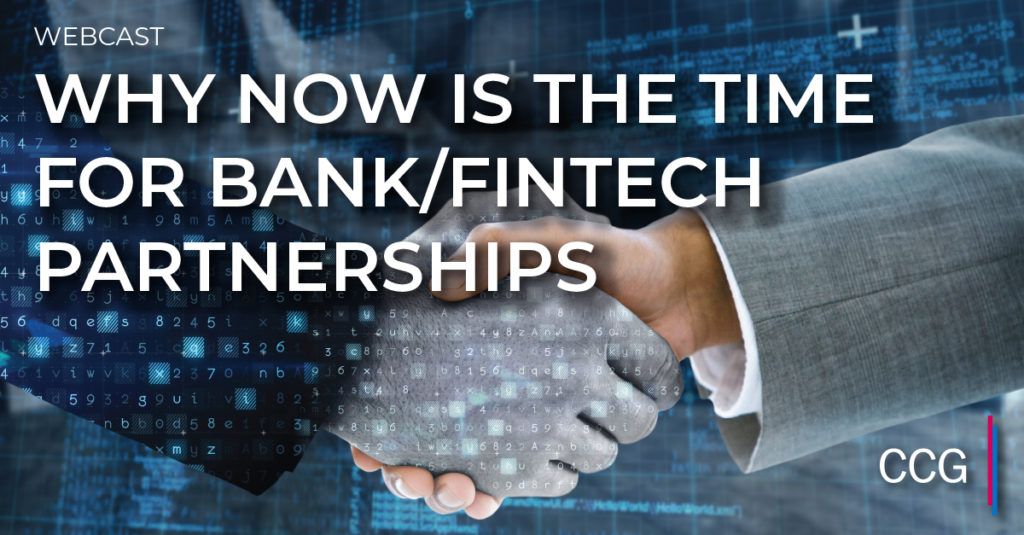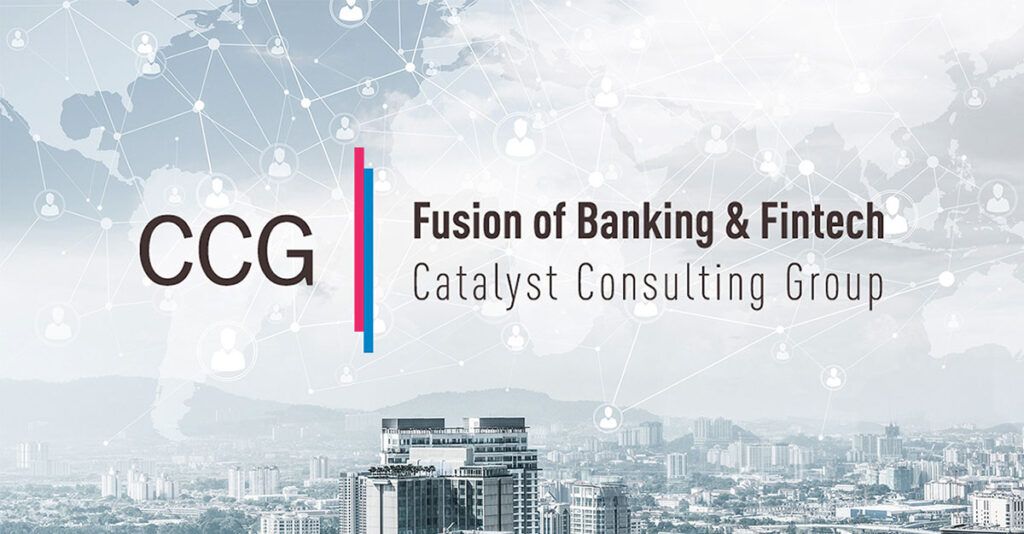Organizations Are the Biggest Challenge to Open Banking

The report suggested financial institutions can choose roles as distributors, leveraging third-party services to enhance their product portfolio. They can also produce and develop their own services to be distributed by third-parties, extending the reach of their core products; or leverage and exploit their easier access to data by becoming information aggregators or providers.
By clearly identifying possible roles and providing tangible examples of fruitful implementations, financial institutions can better understand the options available and the approaches they can pursue, enabling them to get ahead in the new API banking economy.
“Under open banking, assuming customers have given their consent, banks are required to give third parties access to their customers’ account information and to allow third parties to initiate payments from their customers’ accounts. This total upheaval of the financial services industry calls for strategic action from banks,” the study suggested.
In the banking-as-usual model financial institutions do not necessarily have to change their role: they can continue banking as usual – producing and distributing their own products. However, not doing anything should be a conscious strategic decision. The study added the competitive landscape around financial institutions changed with third parties now being able to target financial service customers with new products and services. “Without a strategic plan for the new landscape, this position is not likely to be a winner.”
Currently, most financial institutions said that they are open to collaboration with third parties, but many are concerned about risks and the effects of open banking.
In considering a new strategy, financial institutions can take on the role as producer, offering its own products through third-party channels; or distributor, offering third party products on its own channels, an app store type of platform, or both, as these two roles do not exclude each other.
The advantage for financial institutions in taking the distributor approach is that it gives them a more complete product portfolio without having to invest in the development costs and process of creating those products themselves. However, there is also a cost associated with becoming a platform and forging partnerships with third-party providers.
“In the short term, some of the third-party products may cannibalize the bank’s own products, but the expectation is that in the longer term these partnerships will help with customer retention,” the report held.
In addition to considering their new positioning in production and distribution, banks need to evaluate the opportunities brought about by easier access to information.
As an information integrator, the financial institution takes advantage of the third parties’ customer knowledge to improve its market position. as an information provider, they provide information to third parties who then take advantage of the institutions’ knowledge of their customers – such as financial and account-based data analytics, profiling, customer scoring, authentication services, and personal finance management – to improve services and add revenue streams.
“It can be very difficult to make big bang changes in incumbent organizations. To truly take advantage of offensive opportunities brought about by open banking, the organization is likely to have to grapple with different models across the organization; different IT challenges, working with different types of organizations, selling different capabilities, different revenue models etc.,” the Mobey Forum´s Open Banking Expert Group said.
Subscribe to CCG Insights.








